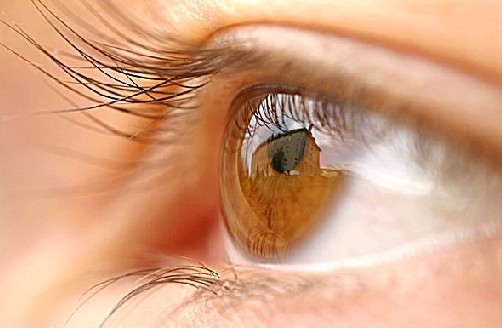You are what you eat. While healthy nutrition energizes your body and helps you fight harmful pathogens, low-quality diet can cause illness and developmental delays. Your eyes are no different.
An age-related eye disease study conducted by the National Institute of Eye has revealed that specific nutrients in your diet help lower the incidence of eye diseases such as cataract and macular degeneration. Other studies have revealed that deficiency of certain vitamins and minerals can elevate your risk of poor vision and blindness.
Important Nutrients
As with any other part of the body, your eyes also rely on a balanced diet rich in complex carbohydrates, lean proteins, essential fatty acids, vitamins, minerals and antioxidants for healthy growth and sustenance.
Foods rich in refined carbohydrates elevate your glycemic index. They break down quickly to produce glucose and thereby, increase your risk of age-related macular degeneration.
Vitamin A is important for healthy vision. It also helps prevent dry eyes, macular degeneration, inflammation of the eye, and loss of peripheral vision. It is a powerful antioxidant. Along with other antioxidants such as vitamin C and vitamin E, it can neutralize the free radicals in the retina and reduce age-related damage of the eye.

Vitamin B6 and folic acid lower the concentration of blood chemical homocysteine in the eye and prevent the occurrencee of age-related macular degeneration.
Zinc also helps avoid macular degeneration by producing a pigment known as melanin which protects the eye. It also strengthens the immune system and reduces the risk of eye infections.
Sources
You can obtain all of these nutrients from your diet. Fruits and vegetables are rich in vitamins and antioxidants. It is important to include a wide selection of produce in your meals every day. Certain fish such as herring, tuna, salmon, sardines and trout are good sources of omega-3 fatty acids. You can obtain zinc from whole grains, eggs, dairy products, peanuts, beef and pork. Lean meats, lentils and beans provide proteins, while breads and pasta made from brown rice and whole grains contain complex carbohydrates.
Supplements
You may also rely on over-the-counter vitamin, mineral and antioxidant supplements to fulfill your nutritional needs. Your doctor may recommend supplements, especially if he suspects a deficiency. Supplements may have some side effects. Discuss all the pros and cons with your healthcare provider before starting a regimen.
Your vision has a significant impact on the quality of your life. Experts at Optometrists’ Clinic Inc. believe that healthy diet is an easy and affordable way of maintaining your eyesight while lowering the risk of eye diseases. Make a commitment today and notice the difference.